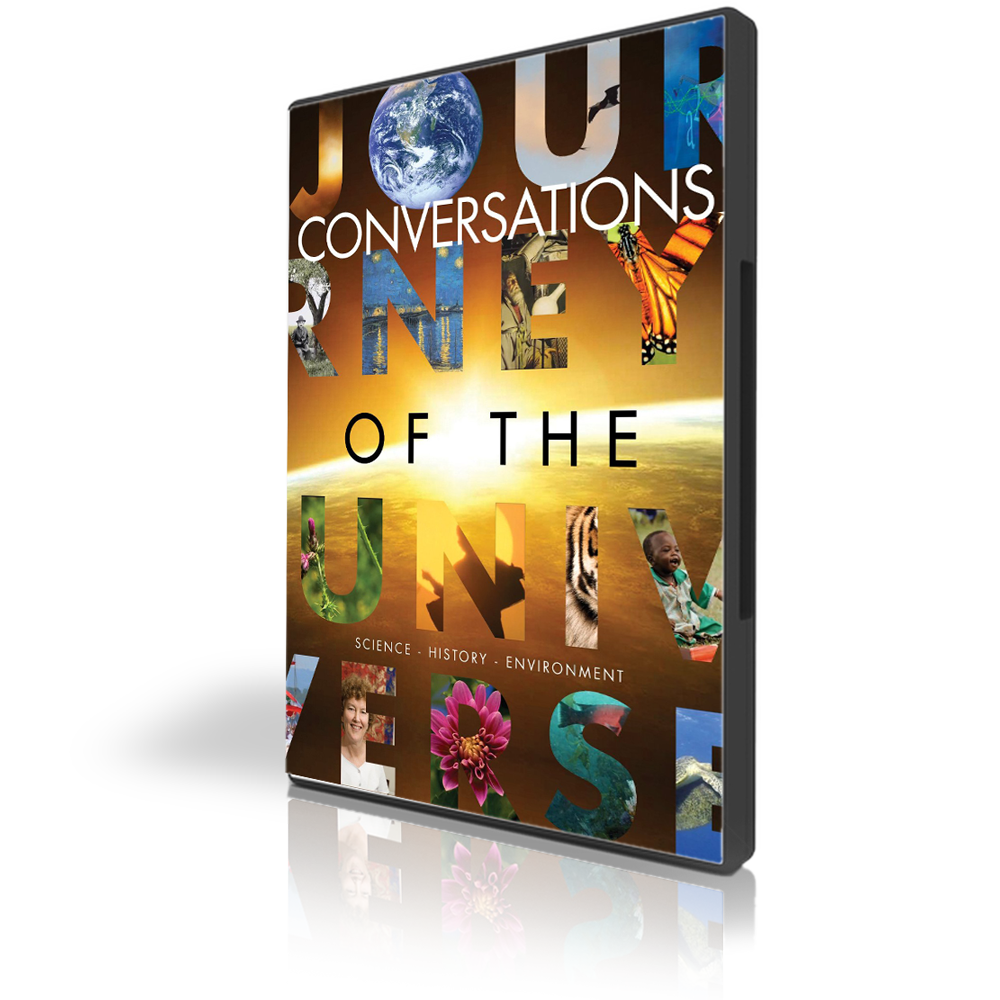JOTU
Conversations
Journey of the Universe: Conversations

Episode 8
The Origin of the Human
John and Melissa explore the history of early humans in relation to kinship with land and animals. Contemporary Indigenous lifeways are also highlighted, especially the sustaining power of rituals that locate humans within the rhythms of Earth’s transformative systems.
Episode 8
The Origin of the Human
John and Melissa explore the history of early humans in relation to kinship with land and animals. Contemporary Indigenous lifeways are also highlighted, especially the sustaining power of rituals that locate humans within the rhythms of Earth’s transformative systems.
Episode 13
Ecological Economics
Dick surveys the history of economics and the mistaken assumptions of current ecological principles and practices, such as unrestrained growth. In place of our ecologically destructive practices, he endorses an ecological economics that emphasizes care, co-evoluion, and protection of the environment.
Episode 13
Ecological Economics
Dick surveys the history of economics and the mistaken assumptions of current ecological principles and practices, such as unrestrained growth. In place of our ecologically destructive practices, he endorses an ecological economics that emphasizes care, co-evoluion, and protection of the environment.

